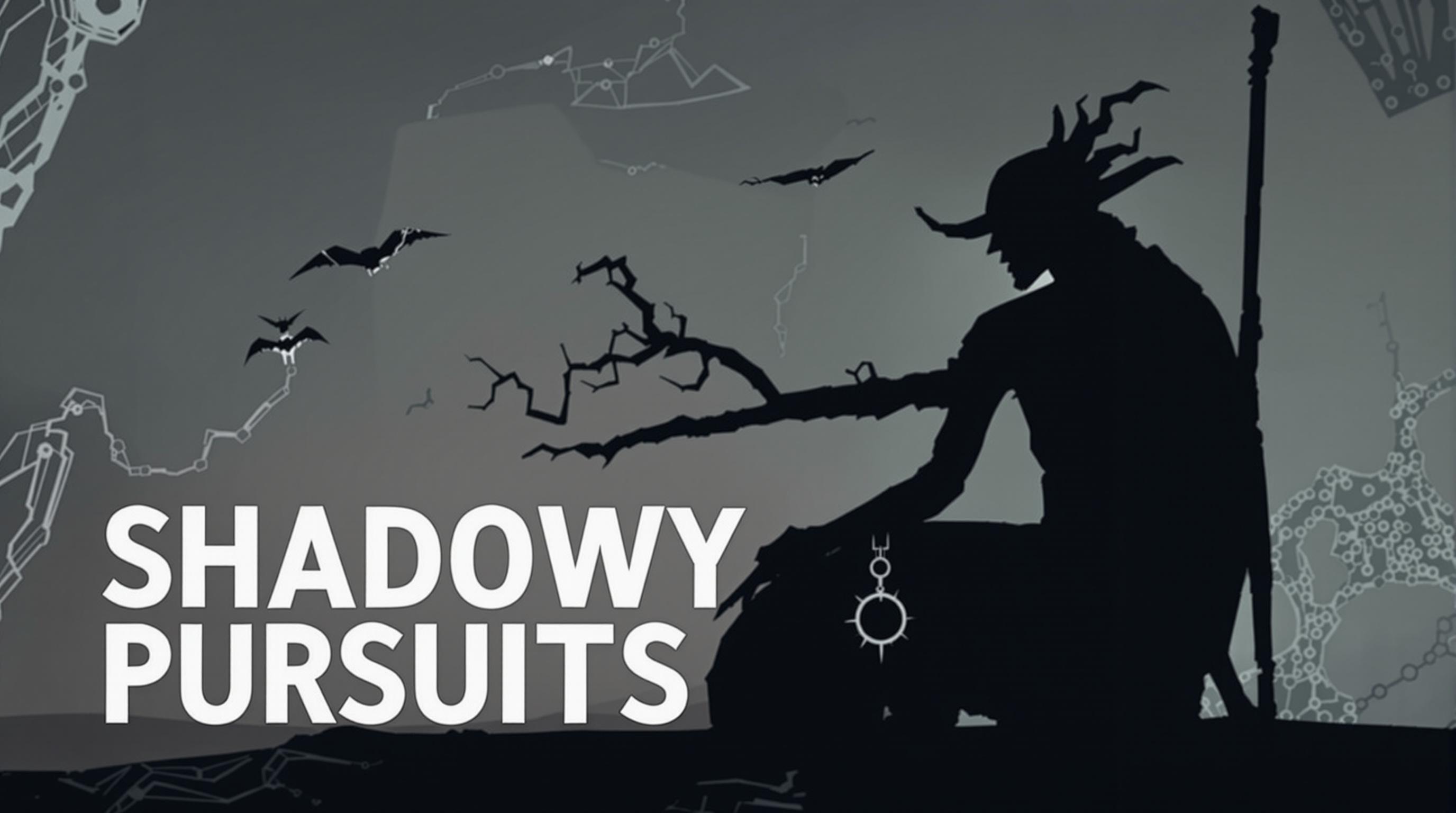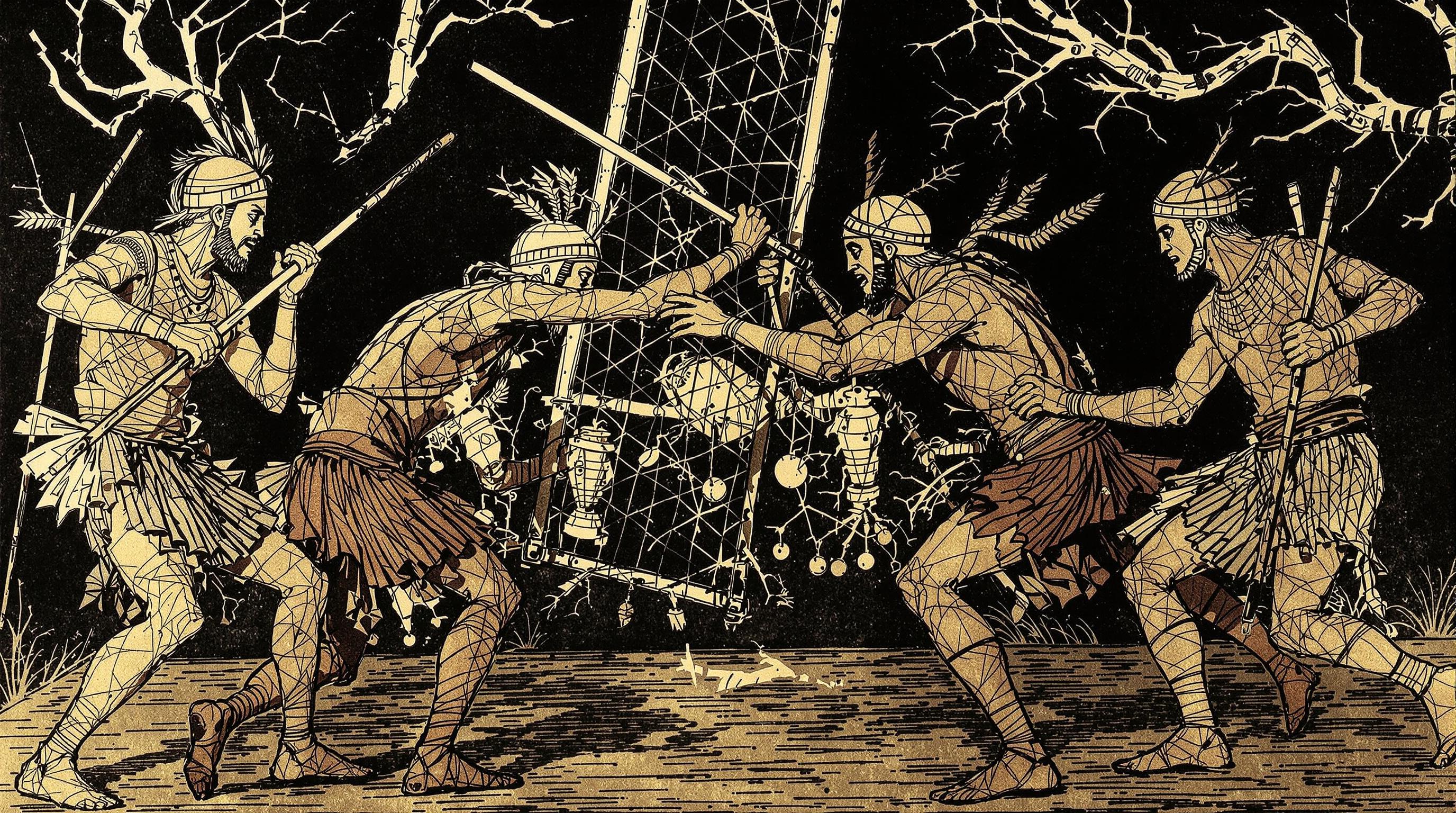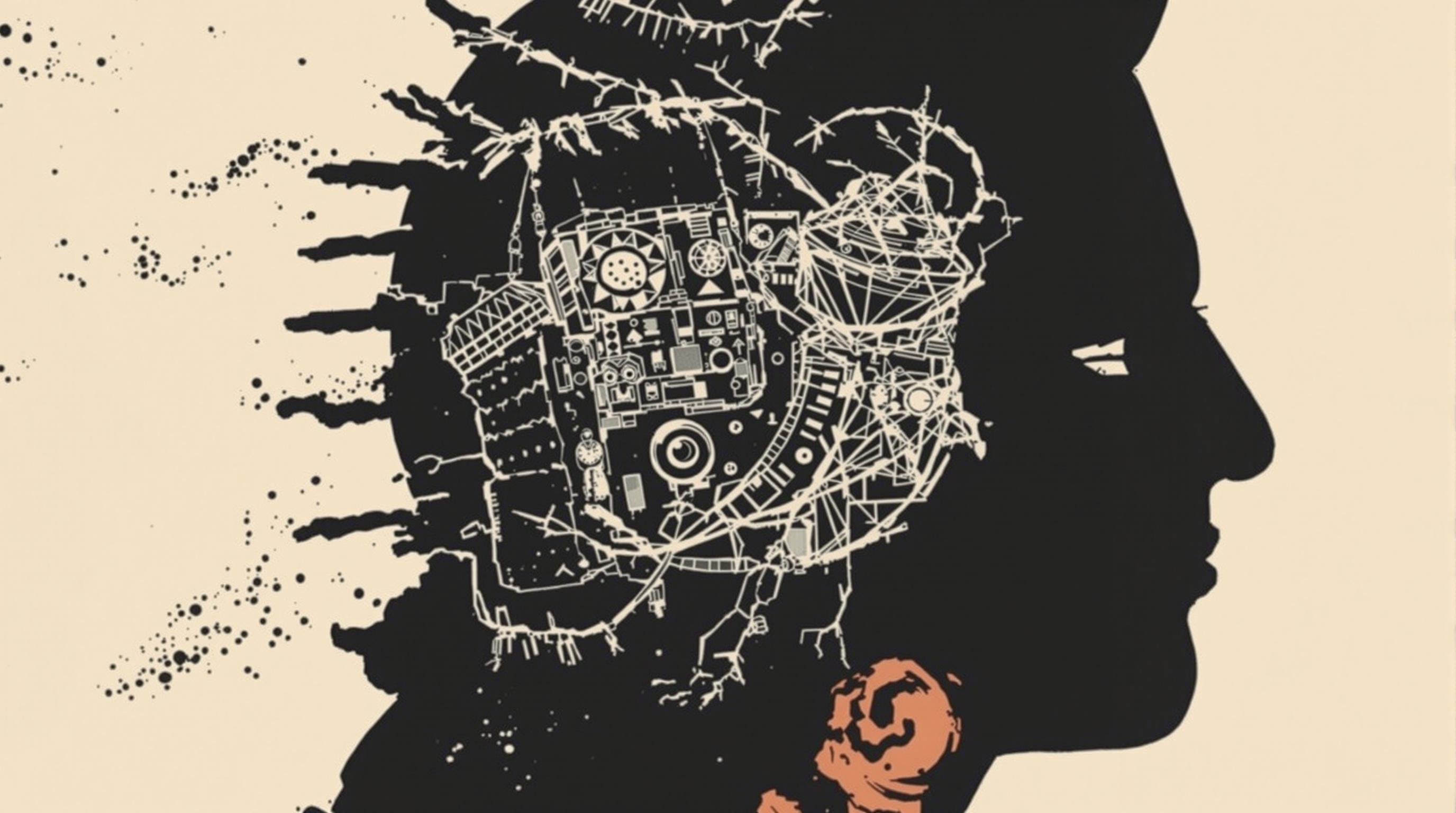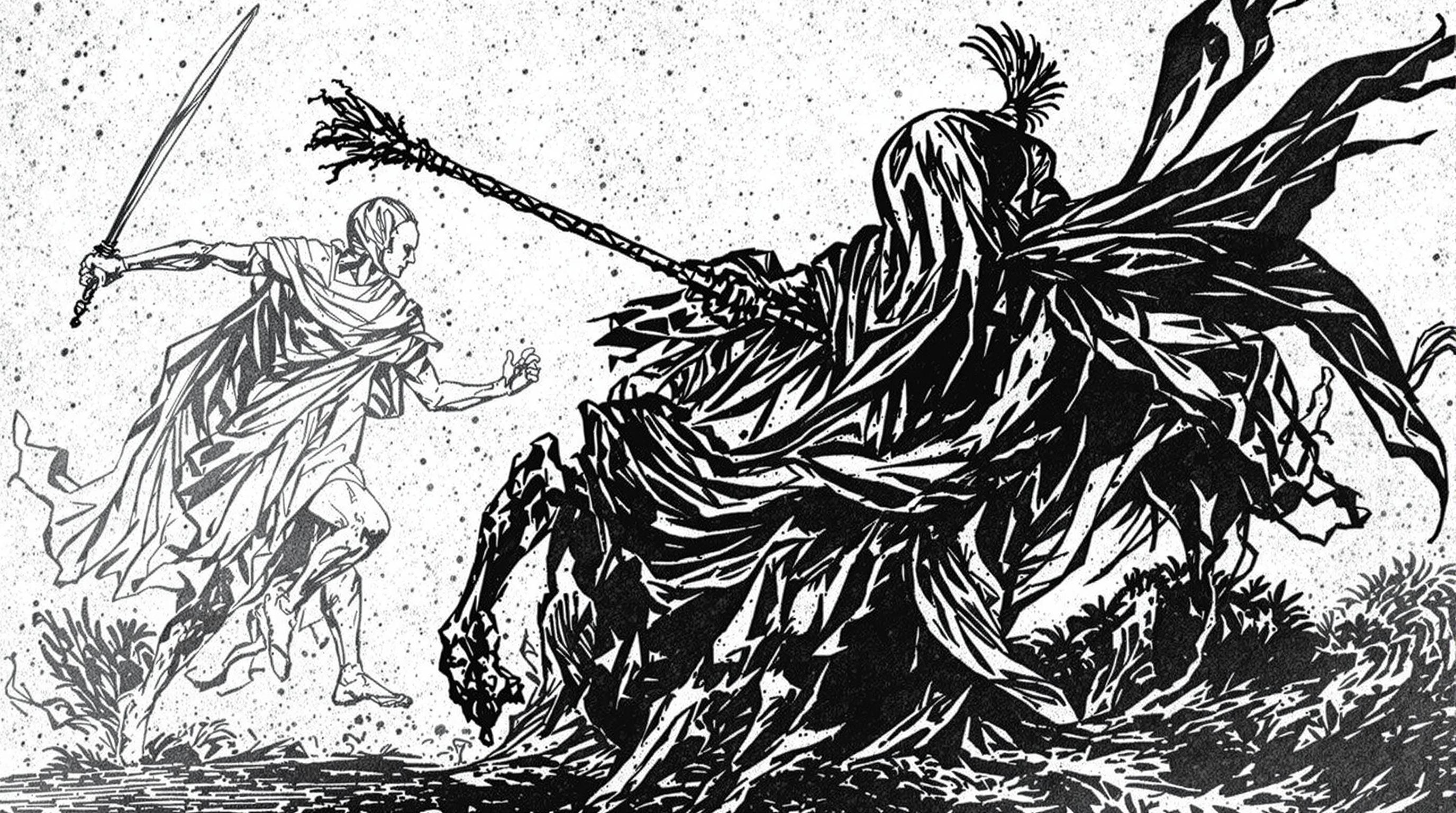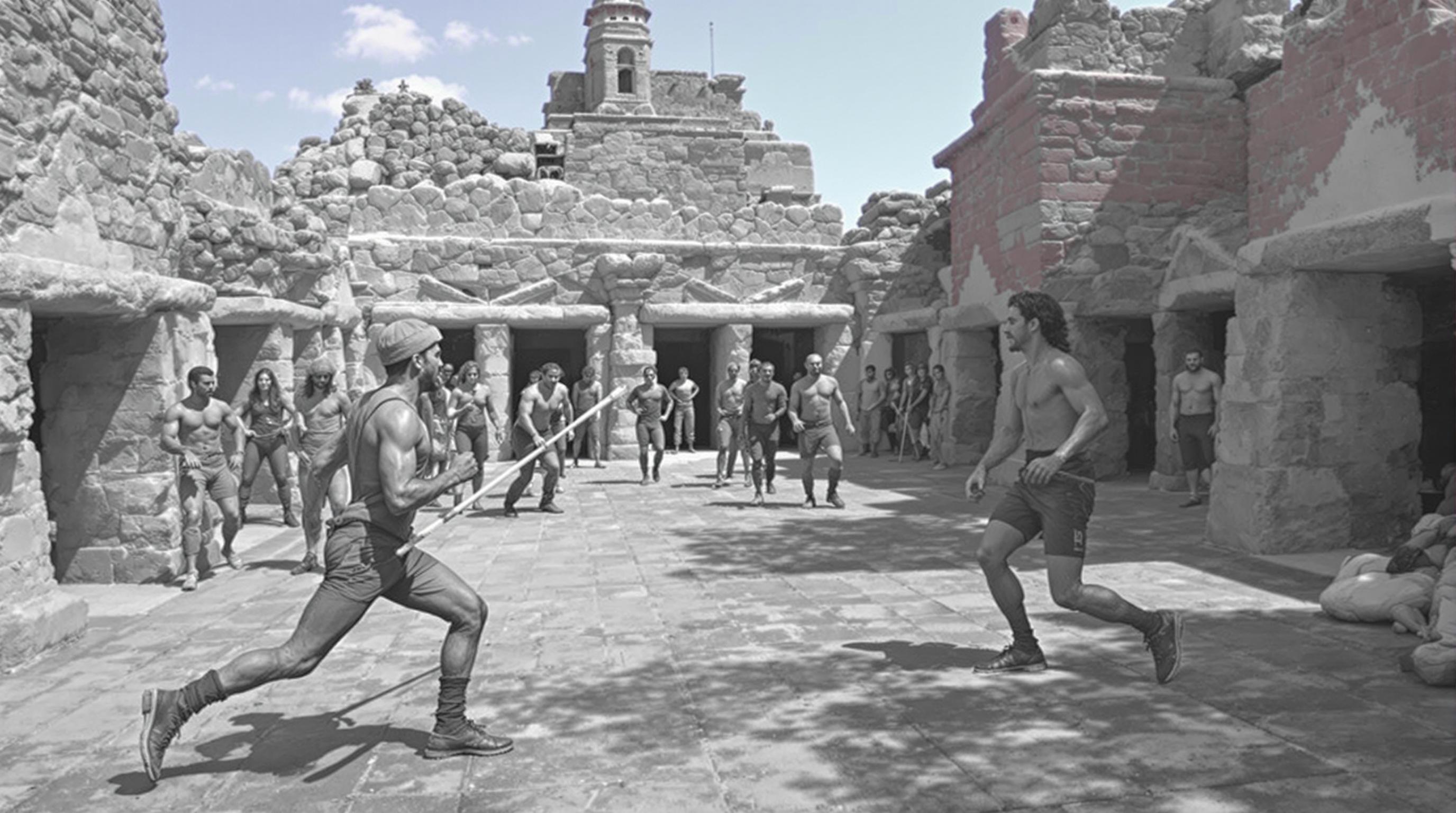Related Articles
- Sporting Rituals: The Curious Connections Between Athletic Events and Ancient Traditions of Worship and Community Bonding
- Game On: The Surprising Influence of Sports on Fashion Trends and Personal Identity in Youth Culture
- Rituals and Rites: How Competitive Sports Influence Cultural Practices in Spiritual and Indigenous Communities
- Sports as Social Glue: Examining the Bond Between Athletic Rivalries and Neighborhood Integration
- Spectacles of Strife: How Weather Patterns Disrupted Historic Sports Events and Changed Athletes' Fortunes
- Bizarre Beginnings: The Unwritten Rules of Quirky Sports and Their Role in Shaping Modern Athletics
Shadowy Pursuits: Unveiling the Secretive Games of Ancient Cultures and Their Impact on Social Hierarchy
Shadowy Pursuits: Unveiling the Secretive Games of Ancient Cultures and Their Impact on Social Hierarchy
Ancient cultures were steeped in mystery, often using secretive games to reinforce social hierarchies and establish power dynamics. This article explores the hidden significance of these pursuits and their lasting impact on society through storytelling, analysis, and a touch of humor.
The Veiled World of Ancient Games
Imagine yourself in a dimly lit chamber, cloaked figures murmuring incantations, intricate board games laid out on the floor, each piece representing a facet of life and power. Welcome to the world of ancient gaming, where every move was steeped in strategy and consequence, deeply intertwined with social order. Games weren't just leisurely pastimes; they were a microcosm of society itself.
The Power of Gaming in Ancient Civilizations
Let’s jump back to ancient Egypt. The game of Senet, believed to be played as early as 3100 BC, was more than mere entertainment; it was a representation of the journey through the afterlife. The elite played this game, using it to reinforce their status and spirituality. Interestingly, a tomb discovered in 1920 contained not just boards but also made it clear that players viewed their moves as a reflection of divine will. Statistically speaking, around 30% of all tombs excavated in Egypt showed evidence of Senet boards, indicating its cultural significance (Mann, 2015).
Culture Clash: When Games Serve as Metaphors
Switching gears from Egypt to the Aztec Empire, we find the game of Tlatchli, played with a rubber ball, which was anything but playful. The stakes were astonishing: winners could earn their place in society, while the outcome often decided the fate of sacrificial prisoners. As morbid as it sounds, Tlatchli was a chance to shape social orders, much like playing Monopoly in a cutthroat family game night—only with life and death on the line. Players believed that winning brought the favor of the gods and thus played with fervor—a testament to how gaming can symbolize greater life struggles.
Case Study: The Role of Strategy
Consider the game of Go, originating in ancient China, where strategy and foresight determine the victor. This game, which has been played for thousands of years, is not just a test of skill but also a lesson in power dynamics. Players often used Go to negotiate social hierarchies within their communities; the mastery of Go was seen as synonymous with one's wisdom and status. A study conducted by the Chinese Academy of Social Sciences revealed that 60% of top executives in China play Go, suggesting a link between gaming skills and leadership qualities (Zheng, 2020). Perhaps a study on Monopoly would yield similar results among corporate America!
The Shadowy Allure of Secrecy
Games in ancient societies were often shrouded in secrecy, making their understanding limited to the privileged few. In ancient Greece, the Eleusinian Mysteries included secretive rites and games that only initiates could participate in. The initiation was a grand display of status; to join was to elevate one’s standing among peers. Participants celebrated the mysteries of Demeter and Persephone, engaging in rituals that combined athletics, knowledge, and divine communion. The exclusivity of the games gave rise to a new social class that thrived on secrecy and privilege—akin to today’s elite board game clubs.
The Humor in the Slyness
Now, let’s sprinkle some humor into these heavy themes. Picture this: ancient Romans hosting a game of Latrunculi after a long day of conquering. The tension is palpable, and instead of card tricks, a gladiator readies himself in case someone suddenly loses two pieces in a fit of anger. “Well, we know who’s getting served for dinner!” jokes a bystander while throwing chips across the board. Despite the gravity of social structures, ancient gaming showed that no matter the stakes, human beings have always loved to laugh at their adversities.
Games That Shaped Empires
Fast forward to today, games continue to shape our interactions and hierarchies. From chess clubs where the next CEO is often found to the underground poker games that rival those of ancient Rome, the past informs our present. Studies indicate that strategic thinking developed through gaming often translates to business acumen, with many CEOs attributing their success to foundational skills gained through games (McKinsey, 2021). The past isn't dead; it’s rolling the dice right beside us.
Unmasking the Future of Games
The complexities of gaming—both ancient and modern—underscore its profound ability to reflect and shape societies. Games continually evolve, using technology as a conduit for social interaction. With recent hires at successful tech firms emphasizing game design in virtual realities, it’s evident that the underlying principles of strategy, competition, and hierarchy endure across centuries, mutations, and platforms. So, as players today log into their favorite online game, they’re not just settling into a pastime; they’re participating in a lineage that stretches back through time, uniting them with empires, philosophies, and the thrill of the competition.
Reflections and Revelations
After all, what are we all really chasing in our games and pursuits? Maybe it’s triumph. Maybe it’s the elusive societal recognition. Here’s a note from an 18-year-old aspiring historian: “It’s just wild to think that our trivial pursuits today have roots that connect us to those who wielded power and chiseled out their legacies with every strategic move they made.” It’s enough to make you reconsider that next board game night, or perhaps even to negotiate a better deal at your local gaming store!
Conclusion: The Shadows Loom Large
The shadowy pursuits of ancient cultures remind us that games have always been more than just a way to pass the time. They reflect societal norms, reinforce hierarchies, and create socio-political narratives that continue to influence our lives today. As we dive into the past, maybe we find not just lessons in strategy but also a deeper understanding of our human experience, one game at a time.
So, the next time you shuffle dice or strategize moves, remember the weight of history behind each roll. Who knows where your next game might lead you?
References:
Mann, C. (2015). Archaeological Discoveries in Ancient Egypt. The Egyptian Journal of Archaeology.
Zheng, L. (2020). The Strategic Mind: Chess, Go, and Leadership in China. Chinese Academy of Social Sciences.
McKinsey & Company. (2021). The Power of Games: A Strategic Guide to Decision-Making in Business.
